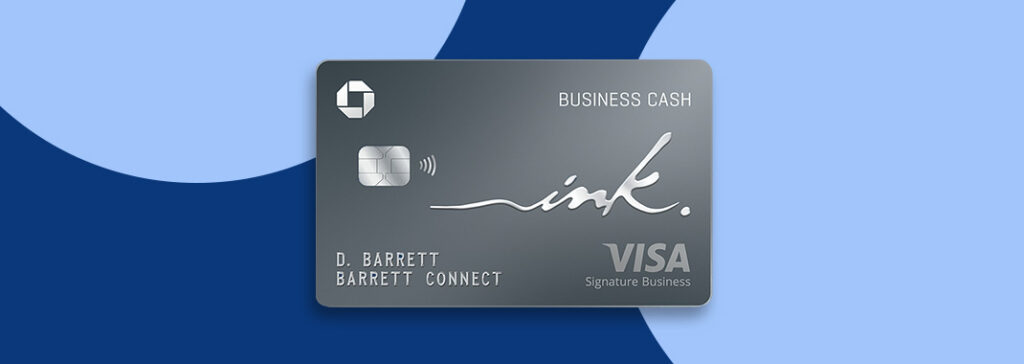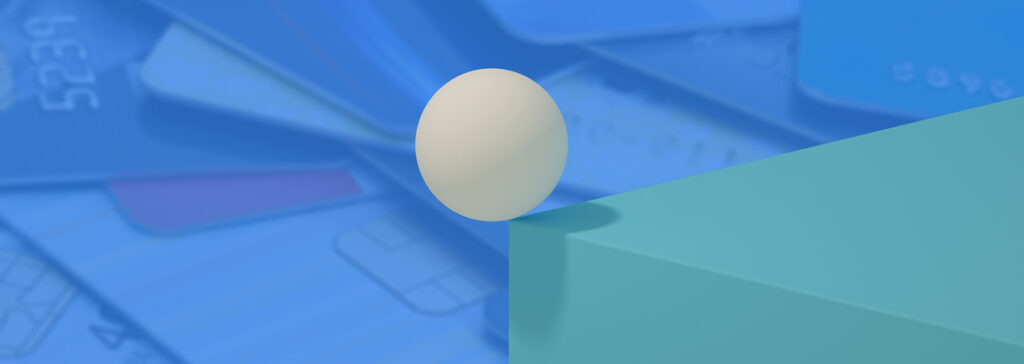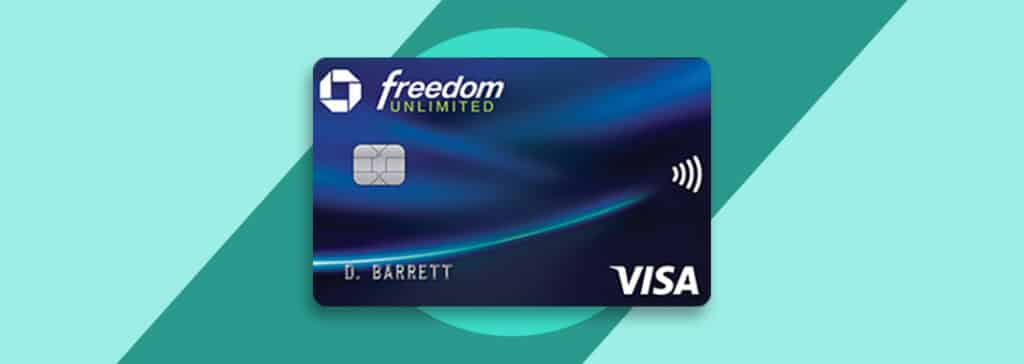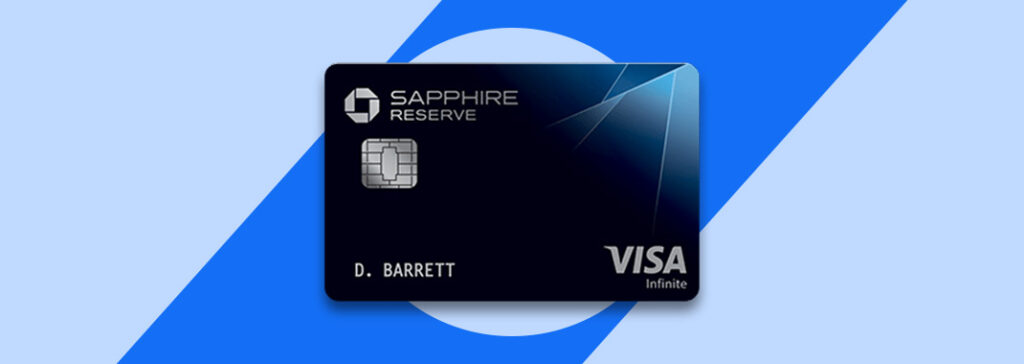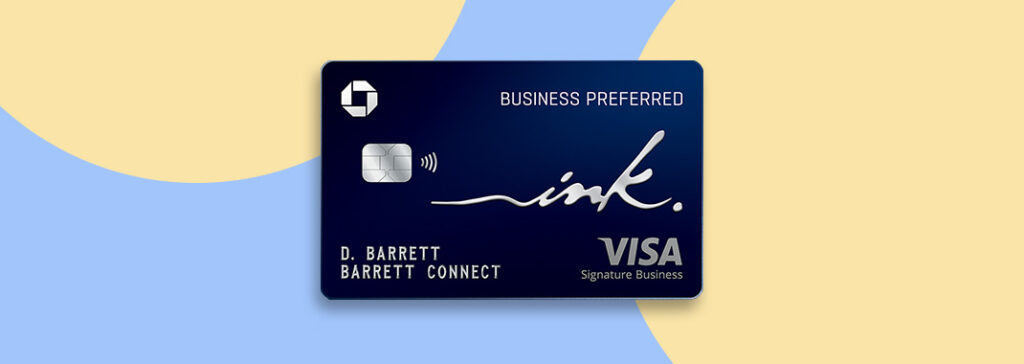Most products on this page are from partners who may compensate us. This may influence which products we write about and where and how they appear on the page. However, opinions expressed here are the author's alone, not those of any bank, credit card issuer, airline or hotel chain. This page may include information about American Express products currently unavailable on Slickdeals. American Express is not a partner of Slickdeals.
A personal loan can affect your credit score, depending on your payment history, the amount you borrow and how much debt you carry. That said, a personal loan can be a great choice when you need a quick source of funds for almost any purpose as long as you can afford the payments. Here's what you need to know about how a personal loan can affect your credit score.
How Personal Loans Can Help Your Credit Score
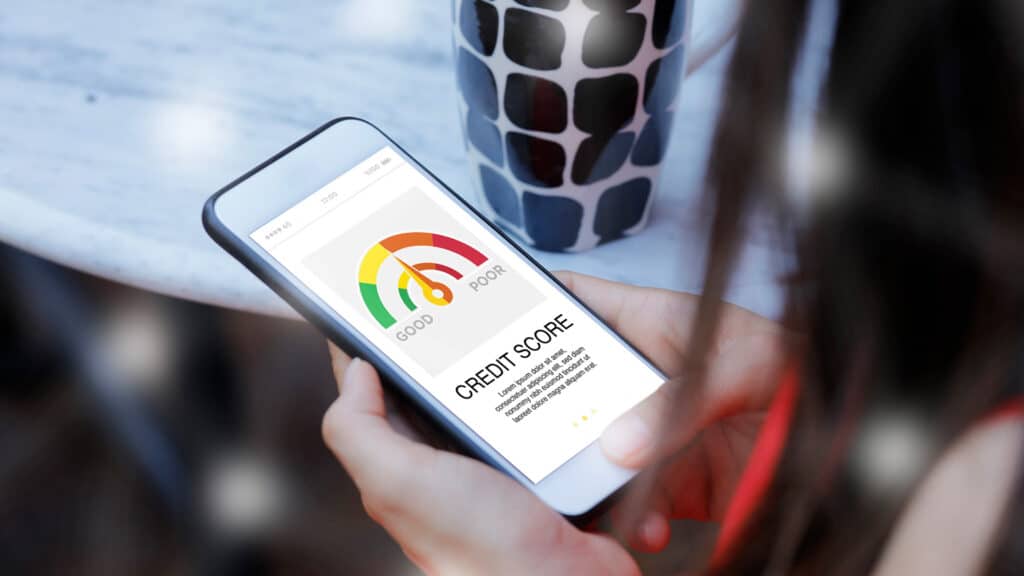
On-time, consistent payments will help improve your credit score. Using these same principles, personal loans can be leveraged to boost one's credit score, too. Here's how.
Build Payment History
According to FICO, the popular credit scoring company, payment history accounts for 35% of your credit score and is a big indicator of your creditworthiness and eligibility for other credit products. In addition, its research indicates that your payment patterns are the most accurate predictor of your potential to pay off all your debts.
So, making on-time payments on your personal loan can help you create a solid payment history that can contribute to a higher credit score. However, remember that a few late monthly payments won’t automatically damage your credit score, but it's still recommended that you keep up with on-time payments to improve your credit.

The Best Personal Loans of February 2026
Diversify Credit Mix
Your credit mix accounts for 10% of your FICO® Score. Lenders like borrowers with various types of credit, such as installment loans, credit cards, auto loans and mortgages. Having a diverse credit mix demonstrates that you can efficiently manage all types of debt, making you a lower risk to lenders.
Since a personal loan is a type of installment loan, adding one to your credit profile can diversify your credit mix, especially if your credit history only contains credit cards.
Decrease Credit Utilization Ratio
Using a low-interest personal loan to pay off credit card debt can lower your credit utilization ratio, which measures how much revolving debt you have compared to your available credit. Revolving debt is any line of credit you can borrow against continuously, like a credit card. A personal loan isn't part of this equation. It's considered installment credit because it has a set payment schedule and term.
A higher credit utilization ratio means you are spending more and creating more debt, which makes lenders consider you a riskier consumer. Keeping your credit card balance down by paying off that debt through a debt consolidation loan is one way to free up your available credit and raise your credit score.
How Personal Loans Can Hurt Your Credit Score
Whenever you take out a personal loan, you do receive credit-enhancing benefits. But there is the potential that your credit score could drop from taking out a personal loan.
Hard Credit Inquiries
When you apply for a personal loan, the lender will perform a hard inquiry to pull your credit report and history. A hard inquiry usually results in a temporary decrease in your credit score by several points in the short term. But the good news is that the hard inquiry will eventually fall off and your credit score can rebound.
Also, be aware that taking out multiple loans simultaneously will result in multiple hard credit inquiries, which can have a larger negative effect on your credit score.
Late or Missed Payments
Arguably one of the most severe hazards of borrowing a large sum of money is assuming more debt than you can afford to pay back. Frequent late or missed payments can have a negative impact on your payment history and contribute to a lower credit score.
Before you apply for a personal loan, assess your budget to make sure you can make your payments on time for the entire loan period.
Increase in Overall Debt Owed
Even if you are ready to assume more debt, adding a new personal loan balance can negatively impact your credit score by increasing your overall amount of debt owed, which makes up 30% of your FICO Score.
While owing more debt doesn't necessarily mean you are a risky borrower, it can increase your debt-to-income ratio and make it harder to qualify for different types of loans, such as mortgages.
What Credit Score Do I Need for a Personal Loan?
Personal loan credit score requirements vary depending on the lender. The average credit score to qualify for a personal loan is in the low to mid 600s (a score of 580-669 is considered "fair"). Some lenders may approve borrowers with a credit score as low as 300, but those loans typically come with very high rates and unfavorable loan terms. The higher your credit score, the better your borrowing terms, such as lower rates and longer repayment periods.
You can prequalify for a personal loan to find the lowest rates across different lenders. Shopping around can help ensure that you find the best loan terms for you.
Tips to Improve Your Credit Score for a Personal Loan
Even if you are in the process of applying for a personal loan, you can take action to boost your credit score quickly in a short period. Start by checking your credit reports for free from the three major credit bureaus: Equifax, TransUnion and Experian.
Once you have reviewed your credit report, you can take a few steps to improve your credit score quickly:
- Pay off debt. Pay off as much of your revolving credit as you can, especially if you have high-interest debt. Paying off credit card debt can decrease your credit utilization ratio and improve your credit score.
- Report any inaccuracies on your credit report. Contact your creditors to remove any inaccuracies or errors that may be damaging to your credit report. These errors could be accounts created due to identity theft or incorrect account balances or credit limits.
- Be an authorized user on a credit card. Consider finding a trusted friend or relative who can add you as an authorized user on their account. As long as the account has perfect payment history and low credit utilization, it can help your score.

Best Loans for Debt Consolidation & Credit Card Debt
Using a Personal Loan to Your Advantage
A personal loan can be a great credit-building opportunity if used you're able to pay the bills on time, but be aware of the potential harm it can have on your credit score. You may see your score go up and down during the initial personal loan application process (due to the hard inquiry process), but as long as you keep up with payments, you can leverage it as a way to boost your credit.
 Related Article
Related Article
How to Prequalify for a Personal Loan, and Why It Can Be a Good Idea
FAQs
-
Yes. When processing your personal loan application, lenders do a hard credit check that causes a slight drop in your credit score. But the drop is usually temporary and recovers within a year.
-
Your personal loan adds diversity to your credit mix and over time it may become one of your older open credit accounts. When you pay off the loan, the account closes and is no longer a contributing factor to your credit mix or average account age. This can result in a drop in your credit score.
-
Borrowers with fair credit scores above 640 can usually qualify for low interest rates and attractive terms. Those with excellent credit scores of 750 and above can usually qualify for the lowest rates and the best terms.
-
Lenders generally supply the major credit reporting agencies with new information every 30 to 45 days. So, you can expect to see your personal loan account on your credit report within this time frame.
-
The elements that affect your credit score can vary from one scoring company to the next, but here's a look at the typical categories and how much they impact your score:
Payment history: 35%. This is based on how likely you are to pay your bills on time and in full.
Credit utilization: 30%. The credit you are using divided by how much credit you have. For example, if you owe $1,000 and have access to $5,000 in credit, your credit utilization is 20%. Lenders like this number to be below 30%.
Credit history length: 15%. Having older credit accounts can help your score. When you close an account, your score may go down a bit.
Credit mix: 10%. This number is based on the types of credit you have, such as a credit card, mortgage and personal loan. Having a diverse mix can help your score.
New credit: 10%. When you apply for new credit (like a personal loan or credit card), your score can go down a little bit. If you apply for lots of new credit in a short period of time, your score could take a bigger hit.


